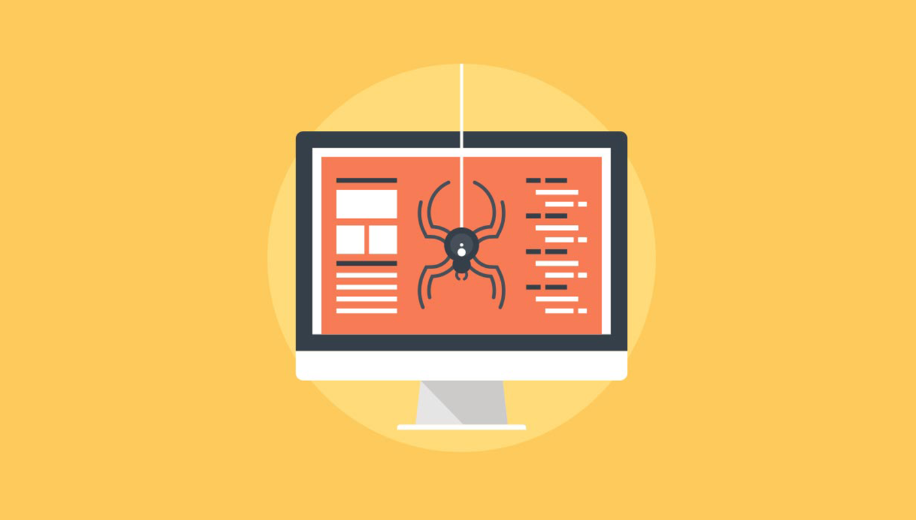When developing web crawlers, IP proxy is an indispensable tool, which can effectively prevent crawlers from being blocked by target websites due to frequent visits. Choosing the right IP proxy service can not only improve the stability of the crawler, but also improve the efficiency of data collection. This article will explore in depth the purchase channels of crawler IP proxies and the precautions when choosing, to help developers make wise decisions.

1. Overview of IP proxy purchase channels
1.1 Professional IP proxy service providers
- Features: These providers usually have a large IP pool and provide various types of proxy services, including HTTP, HTTPS, SOCKS4, SOCKS5, etc., to meet the needs of different scenarios. They also provide rich features such as IP rotation, speed optimization, geographic location selection, etc.
- Advantages: High service quality, strong stability, technical support and after-sales guarantee.
- Examples: Some well-known IP proxy service providers include 98IP and others.
1.2 Cloud computing platform
- Features: Cloud computing platforms such as AWS, Azure, Google Cloud, etc. also provide IP proxy services, usually as part of cloud services. These services are usually highly integrated with other services of the platform (such as load balancing, elastic computing, etc.).
- Advantages: Easy to integrate with existing cloud architecture, providing flexible resource management and expansion capabilities.
- Notes: The cost may be high, and a certain technical foundation is required for configuration and management.
1.3 Forums and communities
- Features: In some technical forums and communities, developers sometimes share free or low-cost IP proxy resources they have found. These resources may include public proxy lists, private proxy sharing, etc.
- Advantages: Low cost, even free
- Disadvantages: Stability and reliability cannot be guaranteed, may contain malware or viruses, and there are legal risks.
2. Precautions for choosing IP proxy services
2.1 Matching proxy types with requirements
- HTTP/HTTPS proxy: Suitable for most network requests based on HTTP/HTTPS protocols.
- SOCKS proxy: More suitable for applications that need to support multiple protocols (such as TCP/UDP), such as games, instant messaging, etc.
When choosing, you need to match it according to the specific needs of the crawler.
2.2 Proxy quality and stability
- Speed: Proxy speed directly affects the efficiency of the crawler.
- Anonymity: High anonymity proxies can better protect the real IP of the crawler.
- Stability: Stable proxy services can reduce the failure of crawlers due to proxy problems.
2.3 Cost and Budget
- Price: Choose the right proxy service according to your budget and avoid overspending.
- Cost-Effectiveness: Consider the ratio of the comprehensive performance of the service (such as speed, stability, functions, etc.) to the price.
2.4 Legal and Compliance
- Terms of Use: Read the terms of use of the proxy service provider carefully to ensure compliance.
- Privacy Protection: Choose a proxy service that focuses on privacy protection to avoid personal information leakage.
3. Purchase Recommendations
- Try before you buy: Many proxy service providers offer trial services, through which you can evaluate the quality and service level of the proxy.
- Multi-channel comparison: Don't limit yourself to a single channel, compare the services and prices of different providers to find the one that suits you best.
- Regular Evaluation: Regularly evaluate the use of proxy services and make adjustments based on changes in demand.
In short, purchasing an IP proxy for a crawler program is a process that requires comprehensive consideration of many factors. By understanding different purchasing channels and precautions, developers can more wisely choose a proxy service that suits them, thereby improving the stability and efficiency of the crawler.
Related Recommendations
- 98IP tells you the key points of distributed crawler design
- How to evaluate cross-border e-commerce sellers 'stores?
- How to virtual location on mobile phone TikTok?
- What is the difference between UDP and TCP?
- Line Private Domain Traffic Fission: Cross-regional user behavior modeling and precise reach
- How to reduce latency and play overseas games?
- Want smooth access to ChatGPT? 98IP proxy IP helps you deal with U.S. native IP
- Why do travel companies need overseas residential agency services?
- Protecting privacy and improving network security are the main manifestations of the importance of overseas high-profile agent IP!
- Building efficient web crawlers: A method for establishing and maintaining proxy IP pools

